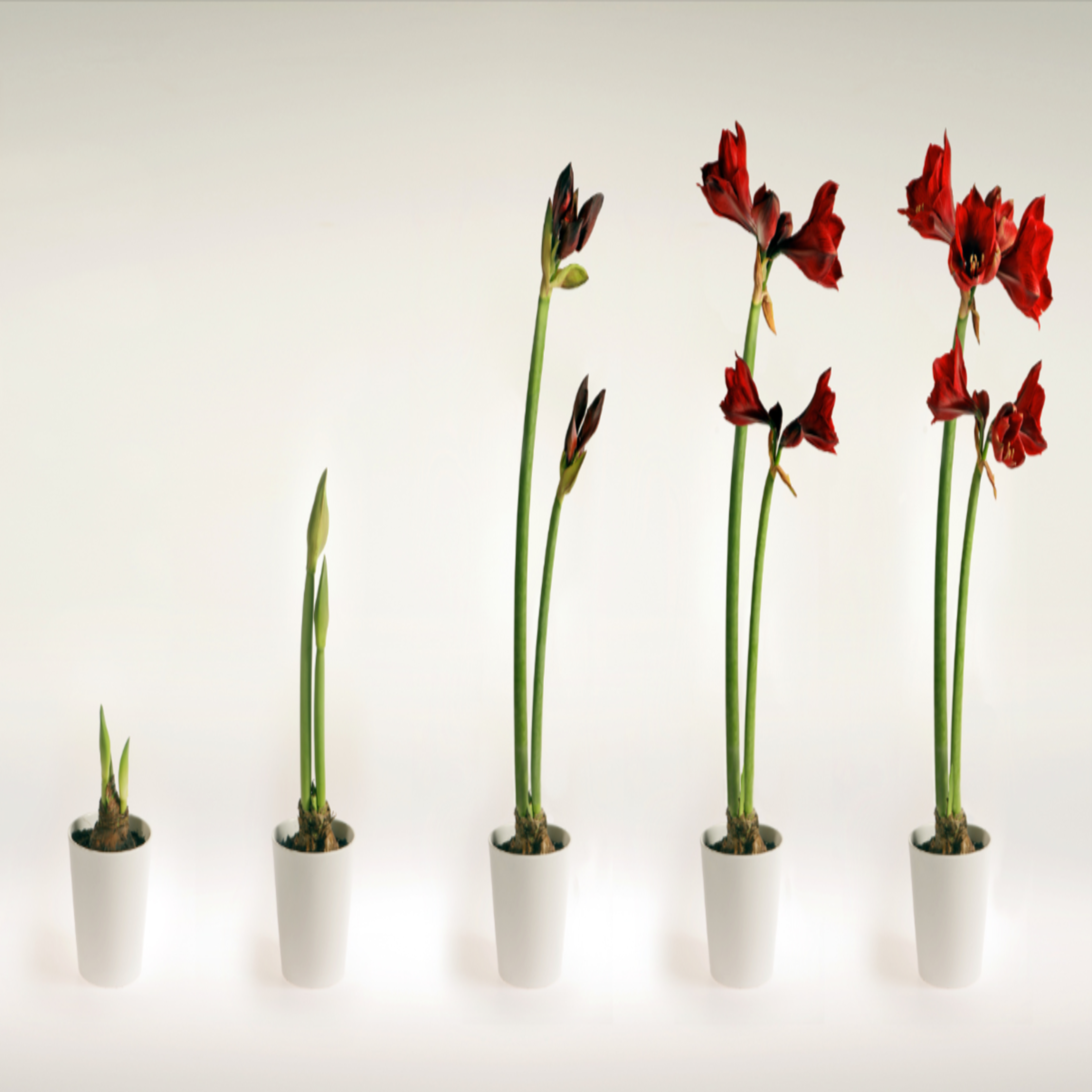How to Take Care of Flowers during Winter Seasons
Winter is coming!
It’s a tough season to take care of your precious flowers as they are subjected to varying weather conditions such as snow, wind and heavy rain.
Fear not! We at Terra Plants and Flowers give you the rundown on how to take care of your flowers in winter, assuring you that they will still boast vibrant colours, stay fresh, keep their pleasing aesthetics and promote a healthy environment.
Taking care of flowers in winter requires a proper, disciplined routine. You can use numerous techniques and approaches to increase their lifespan.
The following tips will help you maintain the beauty of your flowers.

Winter-beating flower care tips
Prune
Stems and leaves that aren't absorbing water from the vase or soil tend to dry up, losing their vitality.
Proper care for flowers in a vase involves regularly changing the water and trimming the dried stems to ensure their well-being. Remove any blackened stems and other unnecessary foliage.
Dust Off the Snow
Don’t be too worried about snow covering your plants. Snow can form a protective layer and an insulator, maintaining a stable soil temperature even in freezing conditions.
However, in heavy snow conditions, keep a close eye on the plants, as the snow can potentially press down on the soil, posing a risk of damage, such as breaking branches.
Gently remove any accumulated snow from both branches and leaves. Begin the process from the bottom to avoid dislodging snow onto lower-hanging leaves and stems.

Use Room-temperature Water for Watering
It is better to nourish the plant with room-temperature water rather than cold water, which can shock the roots. The incremental warming process also allows dissolved gases, such as chlorine, to evaporate out of the water.
Reduce Watering
It may sound strange, but flowers actually require less water in winter because they don’t grow as quickly. The winter season has less humidity, meaning the air does not support moisture, and the soil maintains moisture. In fact, overwatering can lead to root rot.
Also, remember that different flowers have different water needs—drought-tolerant cacti and other succulents may not need watering.
How to Take Care of Special Flowers in the Winter Season?
Certain species of flowers need special treatment.
Lilies
Lilies require mulch, mulch and more mulch! It improves the fertility and health of the soil by helping it retain moisture and keep a stable temperature, reducing weed growth and enhancing the area’s visual appeal.
Orchids
Orchids thrive in high humidity. Canadian winters can be very dry, so increasing humidity around your orchids is essential. You can achieve this by placing the orchids on trays filled with water and pebbles or using a humidifier.
If the indoor temperature drops significantly, you may need to provide additional heating. Be cautious not to expose orchids to direct heat sources.
Hydrangeas
Some hydrangea varieties produce flower buds in the previous growing season. Avoid cutting back the stems in the fall to protect these buds from winter cold.
Consider wrapping the entire hydrangea with burlap for extra protection against winter winds and snow. This can provide a barrier against harsh weather while still allowing some airflow.
FAQs
-
Can Temperature Fluctuations Affect Lifespan in Winter Season?
Definitely! Hot air from heaters and furnaces in the house can make flowers in a vase die faster.
So, all you need is to place your flowers where room temperature is constant and avoid placing them in areas where they come in contact with direct sunlight at any point of the day.
-
Is Flower Food and Florist Essential for Flower Care in the Winter Season?
Yes! In winter, flowers need particular nutrients to survive, so flower food or compost is a lifesaver for them to stay fresh and last longer.
Choosing the best florist in your area is also an essential part of keeping your flowers fresh, even for a month, because we take care of those in the best way before you buy them.
-
When should I start preparing my flowers for winter?
It’s best to begin preparations before the first hard frost in late fall. This allows plants to acclimate and helps prevent winter damage.
-
What types of mulch are suitable for protecting flowers in winter?
Organic mulches like straw, shredded leaves, or pine needles are effective choices. Apply a layer of 3-4 inches to provide proper insulation.
-
Should I monitor weather conditions?
Absolutely! Stay informed about local weather forecasts. Knowing when to expect frost, snow, or extreme cold allows you to take timely protective measures for your flowers.
-
Can I use anti-desiccant sprays?
Anti-desiccant sprays create a thin protective coating on leaves, reducing moisture loss. Apply these sprays in late fall when temperatures are still above freezing. Follow the product instructions carefully.
If you require more information, please don’t hesitate to contact us!
